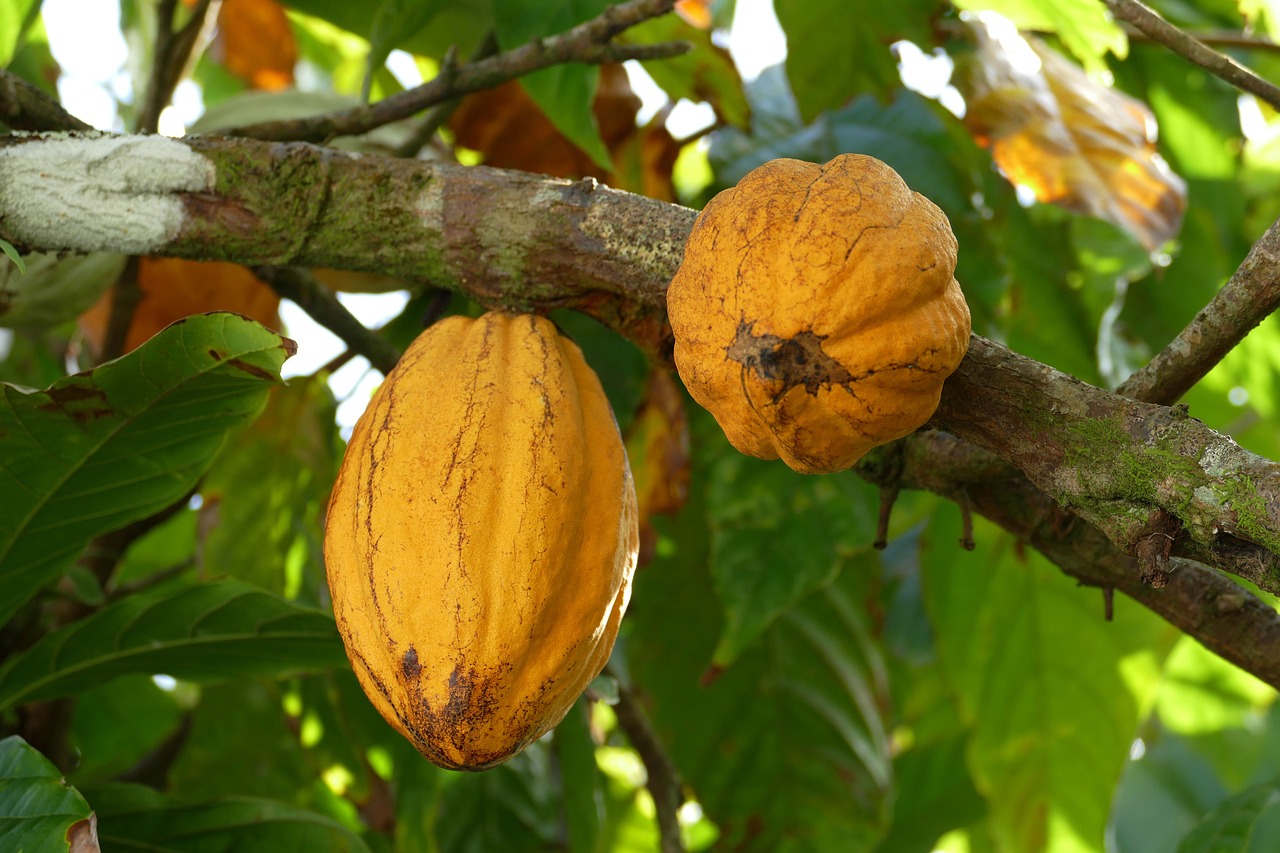Few agricultural products hold as much potential for Nigeria as cocoa. In the 1960s, it was the lifeblood of the Western Region, building a self-sustaining economy that became a model for the country. For decades, it was Nigeria’s golden export, ranking the country among the top three producers in the world.
Then came the discovery of crude. The oil boom in the 1970s stole the spotlight, shrinking investment in agriculture. As many cocoa plantations aged without replanting, productivity plunged, with a consequent collapse in marketing structure.
Unlike Ghana and Côte d’Ivoire, which strengthened their cocoa boards and invested in farmer support, Nigeria liberalised its cocoa sector without a strong governance framework. This allowed racketeering by middlemen vying for control. With this, the country’s dominance in cocoa trading suffered a steady decline.
Decades later, cocoa is back in the spotlight, thanks to a rising demand and a surge in global cocoa prices.
In the last quarter of 2024, cocoa exports ballooned to ₦1.2 trillion, a staggering 606% from ₦171 billion in 2023. This accounted for 29% of agricultural exports and 5.6% of total non-oil exports.
In Q1 2025, cocoa earnings rose even higher, reaching ₦1.32 trillion. Despite the growth spurt, experts warn that these record-breaking figures become hollow without political action to ensure sustainability.
Recently, the European Union’s deforestation-free regulation (EUDR) threw an urgent new challenge into the mix. Beginning in December 2025, any cocoa exported to the EU must be traceable to land that has not been deforested after 2020.
With the EU buying over 60% of Nigeria’s cocoa, failure to comply would slam the door on the country’s biggest market.
At a roundtable in Abuja, convened by the Office of the Vice-President alongside EU representatives, cocoa-producing states, and the private sector, stakeholders pledged to accelerate compliance through technology-driven traceability, financing, and institutional coordination.
Compared with Ghana and Côte d’Ivoire (which produced 449,000 and 1.67 million tonnes of cocoa, respectively), Nigeria’s output pales in comparison, with approximately 320,000 tonnes in the 2024/25 season.
Experts predict that this could climb to 500,000 tonnes within a few years—but only if supported with coordinated investment in high-yield seedlings, farmer training, and rural infrastructure.
Meanwhile, up to 200,000 tonnes are lost to smuggling each year, undermining both revenue and quality control.
Yet a glaring weakness is value addition. Most of Nigeria’s cocoa is exported raw, fetching around US $9,000 per tonne, whereas processed cocoa butter or liquor can haul up to US $50,000 per tonne. Ghana processes over 40% of its cocoa domestically; Nigeria processes less than 20%.
To turn its current cocoa windfall into lasting prosperity, Nigeria must move beyond the lure of high prices.
It should rather focus on building a resilient sector—one that boosts production through mechanical farming, tackles smuggling with strong regulation, embraces traceability to safeguard access to key markets, and invests heavily in local processing to capture more of the value chain.
In the 1960s, cocoa was pivotal for Nigeria's economy, placing it among the top global producers until the 1970s oil boom shifted focus, leading to declining cocoa production due to aging plantations and reduced investment. Unlike Ghana and Côte d’Ivoire, which bolstered their cocoa industries, Nigeria's sector suffered from liberalization without strong governance, causing a drop in its market dominance.
Recently, cocoa has regained attention due to rising global demand, reaching ₦1.32 trillion in Q1 2025. However, experts emphasize the need for political actions to ensure sustainable growth, especially with the EU's new regulation demanding traceable, deforestation-free cocoa by 2025. Non-compliance threatens Nigeria's major market, as the EU buys over 60% of its cocoa.
To capitalize on the current windfall, Nigeria must enhance production with investments in high-yield seedlings, training, and infrastructure while curbing smuggling and increasing local processing. Currently, most cocoa is exported raw, losing potential value, as processed products fetch significantly higher prices. Strengthening regulations, adopting traceability, and investing in the value chain are crucial to creating a resilient cocoa sector.






